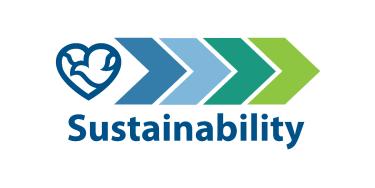




News and Events
Sort Your Waste Correctly To Help Save the Planet and Improve Community Health
Published: April 7, 2023
Why is sorting your waste correctly so important?
Material that isn’t recycled or composted is sent to a landfill, where it creates toxic methane emissions as it decomposes. Methane is more than 25 times as potent as carbon dioxide at trapping heat in the atmosphere, and it has significant implications for human health. Avoiding these impacts has the potential to save many lives.
Plastic waste is a particular problem for the environment. Every year, 8 million tons of plastic waste ends up in the ocean. Millions of animals – birds, fish and others – are killed by plastics every year. Single-use plastics account for 40% of plastic products, and items like plastic bags and food wrappers are often used for only a moment, but they can stick around in the environment for up to 400 years. Despite our best efforts, only 9% of plastic is recycled globally. About 15% is collected for recycling, but 40% of that is disposed of as residues. Another 19% of plastic is incinerated, 50% ends up in landfills, and 22% evades waste management systems entirely, creating pollution in the environment.
Placing compostable and recyclable items into the appropriate bins ensures that those items don’t end up in the landfill. Plus, placing items that can’t be recycled or composted into the landfill container helps reduce contamination – if there’s too much nonrecyclable material in the recycling bin, the waste hauler often has to dump the whole thing into the landfill. When in doubt, throw your item into the landfill bin to avoid negating the whole recycling container.
Sorting items correctly reduces our impact on the environment and helps make progress toward Methodist Health System’s sustainability goals. Across the system, we’re aiming for a 50% diversion rate by 2030, which means 50% of our material is not going to the landfill. Right now, we are at 17.4% across the system, so we need your help to achieve this goal!
Visit the Sustainability intranet page to find out more and learn which items can be diverted at your location.
